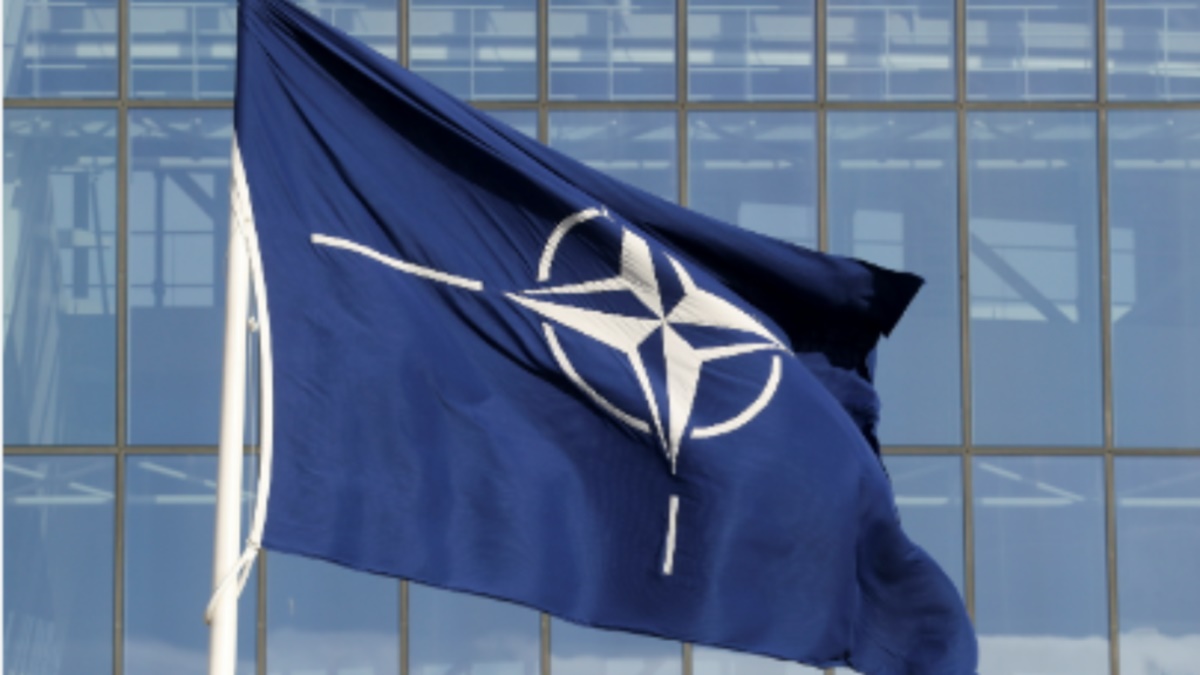By Atanu Biswas
Following his election victory in late February, German Chancellor-designate Friedrich Merz declared that he has “absolutely no illusions” that Donald Trump “pretty much no longer cares about the fate of Europe”. Merz advocates for “independence” from the US instead. Merz is right, as evidenced by Trump’s persistent demands that European countries raise their defence budgets and his recent feud with Ukraine’s President Volodymyr Zelenskyy in the Oval Office. The clear takeaway since Trump’s inauguration is that the US is not a trustworthy partner for intelligence, security, or trading.
During his first term in office, Trump regularly criticised the North Atlantic Treaty Organization’s (NATO) exorbitant costs and maintained that “European countries must contribute more to their own security”. He seems committed to escalating these policies as he has regained his authority as president of America. If NATO members don’t pay, the US won’t defend them, Trump reiterated recently. “Doesn’t make sense for America to pay for the defense of Europe,” Elon Musk also wrote in X. And NATO is on the verge of collapsing.
In the post-World War II era, NATO was established with the intention of thwarting Soviet threats and preventing the spread of communism in Europe. Following the end of the Cold War and the fall of the Soviet Union, NATO may not have the scope to follow its original objectives. And the US bears a disproportionate amount of the costs associated with NATO, accounting for 70% of its expenditures.
A swift, united European response to Washington’s ceding of leadership and support for Ukraine is imperative. Actually, Trump’s victory in the November election marked the geopolitical decision for Europe to take charge of its own defences. But can Europe really afford to defend itself without the US?
Well, Europe is far wealthier than Russia. Both the British and the French have nuclear weapons. Moreover, if Sweden, Finland, and Ukraine join a new European defence and collective security pact, a significant asset would be added to the bloc. According to an analysis by research institute Bruegel and the Kiel Institute for the World Economy in February, Europe needs to spend about 250 billion euros annually in defence to secure itself without US assistance. And given its economic might, the bloc could afford this amount.
Joint procurement and improved coordination were also recommended by Bruegel and Kiel’s study. It recommended raising European defence spending from the current 2% of GDP annually to as much as 4%. Europe would require 1,400 new main battle tanks and 2,000 infantry fighting vehicles for 50 extra brigades, which exceeds the current combined land forces in Germany, France, Italy, and Britain. That’s still manageable, though, because it’s a lot less than what was needed, say, to fight the Covid pandemic. In general, Europe needs to become more self-reliant and forward-thinking, as Trump’s policies change and favour Russia. Experts believe that a new “European Treaty Organisation (ETO)” may be created if US support for the defensive bloc wanes. It, however, remains to be seen how Europe decides to come together and achieve success.
Friedrich Merz is therefore completely correct. Even if NATO were to continue to exist, there’s no genuine assurance that the Americans would automatically and unconditionally honour their obligations under Article 5 of the Treaty, which states that “an attack on one is an attack on all”. In reality, in his Valentine’s Day speech, Trump’s vice president, JD Vance, ruthlessly informed Europe that the US no longer shares its values.
Without NATO, Russia’s influence in Europe would undoubtedly grow. But would the termination of NATO, however, guarantee that the US would financially save much when it would be freed from an “unfair” financial and military burden? Perhaps not. NATO is only a small portion of the US defence expenditure, and the US would therefore save a comparatively minor amount of money if the organisation were to dissolve. However, America would definitely lose important allies, military bases, and the political predictability established through daily multilateral consultations in the alliance framework. More than 40 US military bases span Europe. America’s geopolitical influence and might will undoubtedly be much diminished if these troops are removed.
It takes a lot of effort and time to become a world leader, something that America accomplished through years of dedication, spending, and hard work. It can, however, be lost quite rapidly. China and Russia would be the immediate geopolitical winners of Trump’s choice to distance himself from Europe, which may be considered an epic blunder. Overall, America, its allies, and partners in Europe and beyond may suffer in a world without NATO.
Former US diplomat George F Kennan’s 1997 warning about NATO expansion garnered a lot of public attention as tensions between Russia and Ukraine increased in the recent past, and Joe Biden showed interest in NATO expansion. Known as the “architect of America’s containment of the Soviet Union”, Kennan was present when NATO was established and saw it grow. However, he thought that containment should be political, economic, and ideological rather than military. In the backdrop of the NATO expansion in the 1990s, in an opinion piece in the New York Times in February 1997, Kennan stated that “expanding NATO would be the most fateful error of American policy in the entire post-Cold War US”. After the US Senate approved NATO expansion in 1998, Kennan stated in an interview with the New York Times that it was “the beginning of a new cold war”. Will the Cold War now end with Trump’s walking completely in the reverse direction of a “fateful error” and orchestrating NATO’s collapse? Or will it simply become more intense and multifaceted?
Kennan, who passed away in 2005, is definitely not available to share his opinions.
The writer is professor of statistics, Indian Statistical Institute, Kolkata.
Disclaimer: Views expressed are personal and do not reflect the official position or policy of FinancialExpress.com. Reproducing this content without permission is prohibited.

